Every repost, retweet, and recycled myth keeps real progress out of reach.

Climate misinformation doesn’t always look like conspiracy theories or angry Facebook rants. Sometimes it shows up in casual conversations, catchy headlines, or viral posts that sound almost reasonable. That’s what makes it so dangerous—it doesn’t need to be loud to be effective. It just needs to plant doubt. And the longer we argue over the basics, the less time we have to deal with the crisis already unfolding.
These myths aren’t about asking questions or promoting healthy skepticism. They’re built to stall action. Confuse the public. Undermine trust. Make climate solutions sound extreme or unnecessary. And whether they come from oil lobbyists or that one smug uncle, the result is the same: people stay passive while the planet burns. These aren’t just harmless misunderstandings. They’re strategic delays, dressed up as common sense. And if we don’t learn to spot them, they’ll keep buying time we don’t have.
1. “The climate has always changed” sounds smart—but it’s meant to stop the conversation.

Yes, the climate has changed before. But not like this. Natural cycles happen over thousands of years, not decades. What we’re seeing now is a sharp, unnatural spike tied directly to human activity—fossil fuels, deforestation, and runaway consumption. Bringing up ancient ice ages isn’t a helpful point. It’s a distraction. According to experts at NASA, Earth’s current rate of warming is “unprecedented … in the past 10,000 years,” with human activity now the principal driver of this rapid change, meaning this isn’t a slow, natural rhythm—it’s accelerated and alarming . This argument makes it sound like what’s happening now is just nature doing its thing.
But scientists have overwhelmingly shown that the speed and scale of current warming are unprecedented in modern history. Saying “the climate’s always changed” is like watching a house burn and shrugging because “fires have always existed.” It downplays the cause and kills urgency. That’s the real harm—it convinces people not to act. Repeating this line doesn’t just ignore the facts. It delays the solutions we urgently need.
2. “Carbon dioxide isn’t a pollutant” hides behind technical truth to mislead.
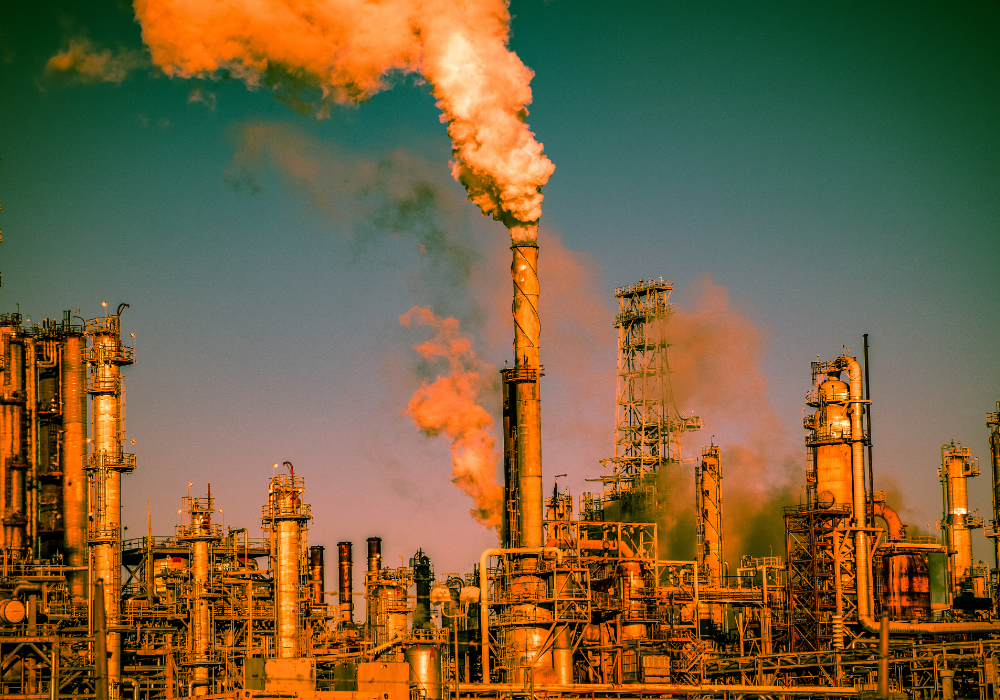
Technically, CO₂ isn’t toxic like bleach or lead—but calling it harmless is like calling a flood “just water.” It’s the volume that matters. In small amounts, CO₂ is natural and necessary. But we’ve been pumping out so much of it that the atmosphere can’t handle it. That’s when the problems begin.
This argument works because it sounds factual—CO₂ is plant food, right? But plants aren’t going to save us from the billions of tons we release every year. Per Jennifer Bennett for Smithsonian Ocean, around 30% of human-emitted CO₂ dissolves into the oceans, making ocean water about 30% more acidic since the industrial era—altering marine chemistry faster than any time in the last 50 million years, showing that excess CO₂ is transforming entire ecosystems .
What matters is that excessive CO₂ traps heat, disrupting weather, melting ice, and acidifying oceans. Pretending CO₂ is benign lets industries off the hook. It reframes pollution as harmless and casts doubt on science without ever yelling “hoax.” It’s a clever lie wrapped in half-truth—and it buys time for polluters while everyone else argues about definitions.
3. “Scientists are still debating it” is a lie that keeps getting recycled.

This one’s been disproven so many times, it’s almost impressive it still gets traction. No, scientists are not locked in fierce debate about whether climate change is real or caused by humans. Over 97% of climate scientists agree: it is, and it is. The “debate” is mostly media spin or cherry-picked contrarians. As highlighted by a review of nearly 12,000 peer-reviewed studies published in Environmental Research Letters and summarized by Skeptical Science, 97% of climate scientists agree that human activity is the primary driver of global warming.
But here’s the trick: if people think experts aren’t sure, they assume there’s no rush. It creates a fog of uncertainty where delay feels like the responsible thing to do. In reality, the science has been clear for decades. The debate isn’t scientific—it’s political, economic, and often fueled by industries that benefit from inaction. This line isn’t harmless skepticism. It’s a deliberate tactic to freeze progress while pretending to be open-minded. And it’s costing us critical time.
4. “It’s too expensive to fix” is a myth that protects profits, not people.

This argument pretends to be practical, but it’s deeply misleading. Climate action does cost money—but inaction costs far more. From disaster relief to rising healthcare costs and destroyed infrastructure, we’re already paying billions every year for climate-related damage. Delaying solutions only makes them more expensive later. Framing climate policy as a budget breaker ignores how much we’re already spending just to deal with consequences.
Meanwhile, fossil fuel subsidies still run into the hundreds of billions globally. Who exactly are we protecting when we say change is “too expensive”? Usually, it’s the same industries responsible for the damage. This myth turns necessary investment into a scary price tag. But the real cost isn’t solar panels or public transit—it’s doing nothing while the planet keeps heating. “Too expensive” is a stall tactic, not an economic fact. And the longer we believe it, the deeper the financial hole gets.
5. Pointing fingers at individual behavior keeps the spotlight off real polluters.

You’ve probably heard it: recycle more, fly less, go vegan. And sure, personal choices matter. But the overemphasis on individual responsibility is one of the oldest tricks in the climate delay playbook. It shifts focus from systemic pollution to personal guilt, while major corporations—especially fossil fuel companies—continue to emit on a massive scale.
The idea isn’t to make you feel empowered. It’s to make you feel distracted. When we blame ourselves for not doing enough, we stop asking why oil companies are still drilling or why governments keep funding pipelines. The truth? Just 100 companies are responsible for over 70% of emissions since 1988. That’s not a recycling problem. It’s a power problem. Personal action helps, but it’s not enough without policy change. This myth doesn’t solve climate change—it just helps the biggest emitters dodge accountability.
6. Saying “technology will save us” is a license to keep polluting.

It’s comforting to believe that a future invention will solve everything—carbon capture, solar geoengineering, miracle batteries. But banking on a fix that doesn’t exist yet is like refusing to fix a leak because you might someday buy a better bucket. Hope is not a strategy, and blind optimism is a form of denial.
Yes, innovation matters. But it won’t matter in time if we keep stalling real change today. These “just wait” narratives buy time for business-as-usual emissions while pretending we’re being responsible. They’re a delay tactic dressed up as futurism. Technology should complement urgent action—not replace it. Solutions exist now: renewables, efficiency, public transit, reforestation. Waiting for a perfect solution while the planet burns is like designing a lifeboat after the ship’s already sunk.
7. Pretending other countries are the problem lets polluters off the hook at home.
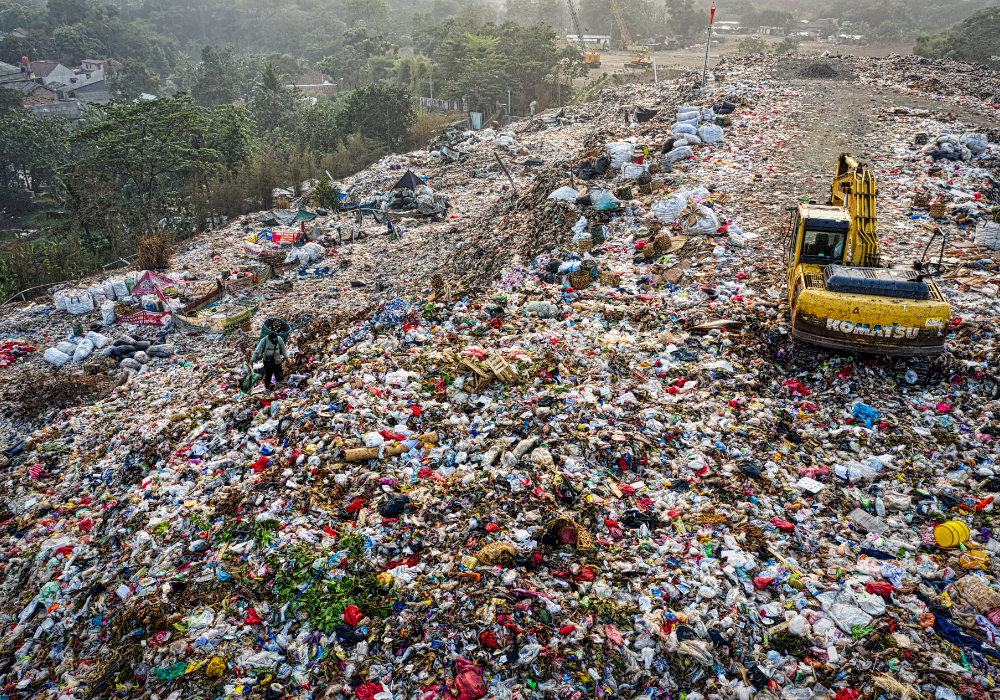
This one’s everywhere: “Why should we do anything if China or India keeps polluting?” It sounds logical until you realize it’s a race to the bottom. Climate change is a global crisis—it doesn’t matter where the emissions come from. Every country has a role to play, especially the wealthiest ones that have contributed the most historically.
Pointing fingers delays action. And often, the people shouting this the loudest come from countries that have had decades of high emissions with no accountability. Blaming others creates an excuse to do nothing.
But leadership means going first—not waiting for someone else to fix it. We don’t say “Why clean my mess if others are messy too?” in daily life. Climate responsibility works the same way. The “other countries” myth is just an excuse to stay comfortable while the atmosphere fills up.
8. Acting like the climate crisis is far off makes people tune out now.
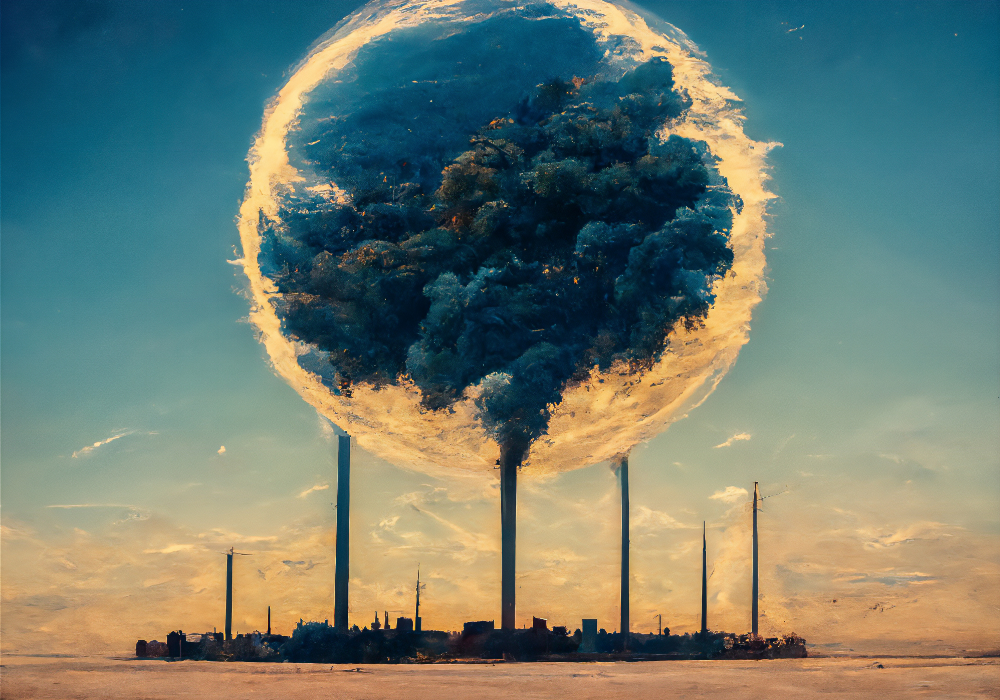
A lot of misinformation plays the long game—talking about 2100 like it’s some distant sci-fi future. But climate breakdown isn’t on the horizon. It’s already here. Fires, floods, droughts, and record heat aren’t warnings. They’re impacts. And yet the narrative still leans on “we’ve got time,” which makes people feel less urgency.
This delay tactic works because it feels emotionally easier. But it feeds a false sense of security. If people think the worst won’t happen in their lifetime, they’re less likely to act. The truth? For many around the world, the worst is already happening. It’s not about fearmongering—it’s about facing reality. Framing the crisis as far away doesn’t give people space to prepare. It gives them an excuse to stay passive. And that passivity is exactly what keeps the status quo alive.
9. Confusing weather with climate fuels constant doubt.
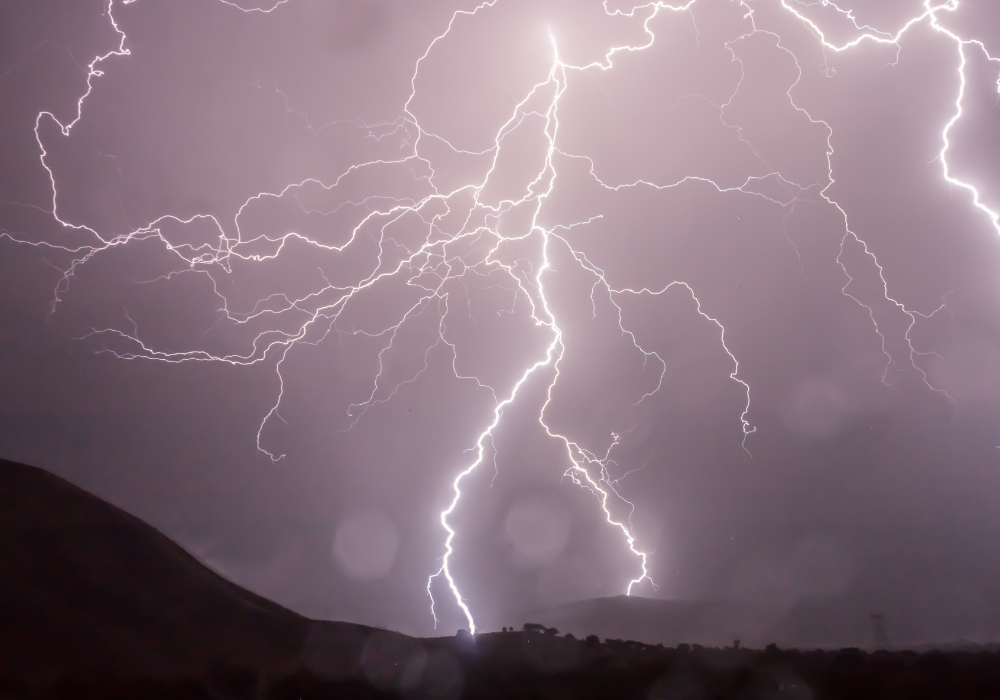
You’ve heard it—“It snowed this week, so where’s your global warming now?” It’s a tired joke with dangerous consequences. Weather is short-term and local. Climate is long-term and global. But the constant confusion between the two helps skeptics muddy the waters and stall action.
This myth relies on misunderstandings and gut reactions. A cold snap doesn’t erase decades of rising temperatures. But it makes people question what they don’t fully understand. The media plays into this too, often emphasizing sensational weather without connecting it to broader climate trends. That’s not just bad communication—it’s a gateway to delay. If people don’t believe the crisis is real or consistent, they won’t support the policies needed to fix it. Education here isn’t optional. It’s urgent.
10. Claiming it’s too late to act creates hopelessness instead of momentum.
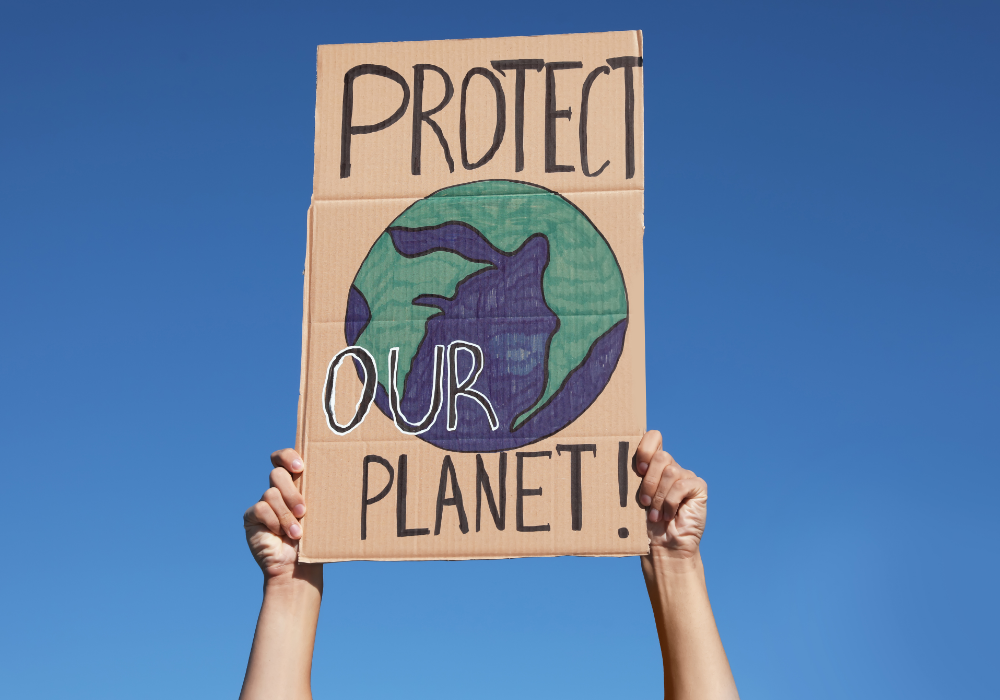
Strangely, some misinformation sounds like giving up. “It’s already too late” might feel honest, but it’s just another form of paralysis. When people believe the climate is already doomed, they stop trying—and that’s exactly what polluters want. A hopeless population doesn’t demand change.
Yes, the situation is urgent. Yes, damage has been done. But giving up is the one guaranteed way to lose completely. We still have choices. We can still prevent the worst outcomes. This myth weaponizes despair and dresses it up as realism. It makes action feel pointless, and that’s incredibly powerful—because apathy helps no one except those who want things to stay the same. Urgency and agency must go hand in hand. Despair doesn’t make you woke. It makes you silent.
11. Greenwashing confuses consumers and lets polluters look like heroes.
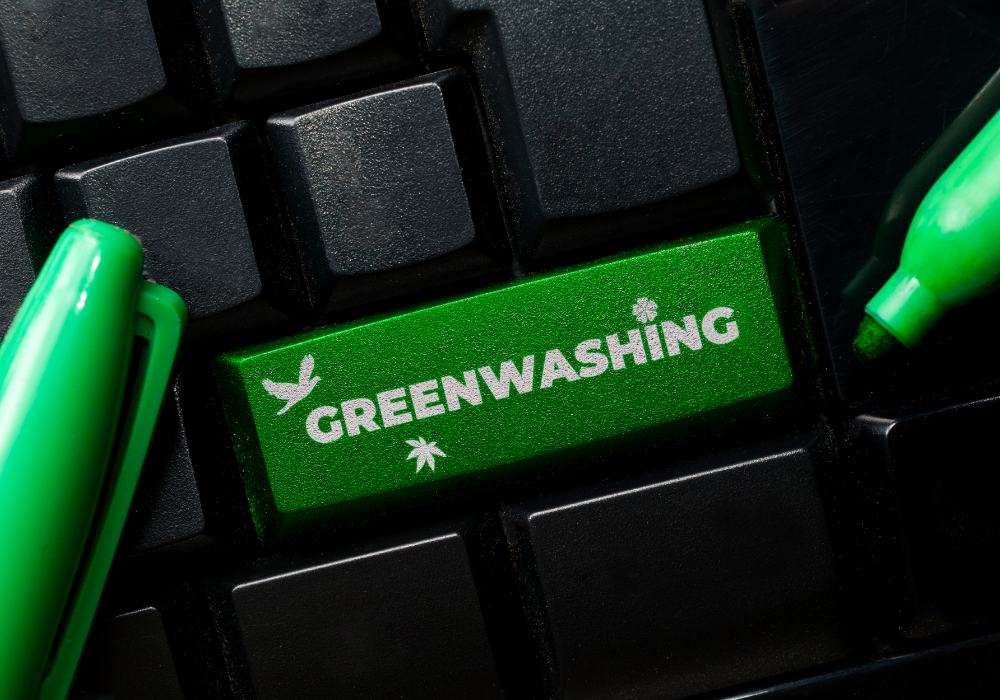
When fossil fuel companies run ads about clean energy, or airlines brag about carbon offsets, you’re looking at greenwashing—performative sustainability that masks business-as-usual. It makes people think things are improving when the reality hasn’t changed. And that illusion is just enough to calm public pressure.
Greenwashing doesn’t just fool consumers. It delays regulation. If a company looks like it’s doing better, it might dodge scrutiny or delay real change. But behind the branding? Oil drilling continues. Plastic production rises. Emissions grow. Greenwashing is misinformation’s PR arm. It keeps people confused, satisfied, and passive. And the longer that illusion holds, the longer we stay stuck in this broken loop. A green label means nothing without transparency and accountability.
12. Framing climate as “political” keeps people divided while the planet burns.

Climate change is a scientific reality, not a partisan opinion. But by framing it as a “liberal issue” or a “woke agenda,” misinformation turns facts into battlegrounds. Suddenly, caring about the air, water, and weather becomes a political identity instead of a shared concern. And that division is exactly what polluters rely on.
As long as we argue over identity, we don’t unite around action. This strategy isn’t new—it’s been used to stall progress on everything from civil rights to public health. But with climate, the cost of delay is time we don’t have. Calling climate science political doesn’t change the physics. It just ensures fewer people take it seriously. And while we argue about who’s “right,” the planet keeps heating. Unity is the real threat to delay. That’s why division is being sold so hard.